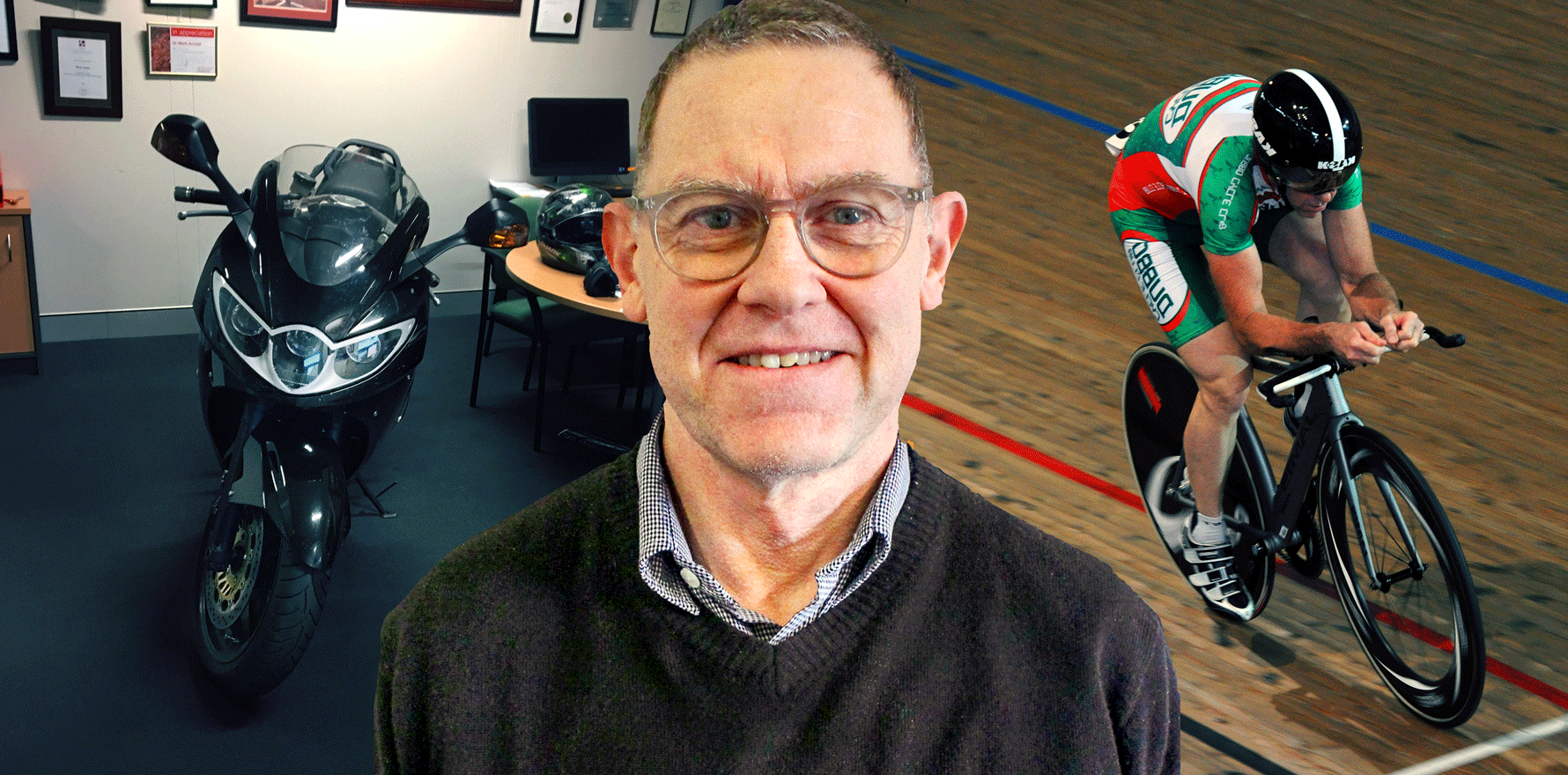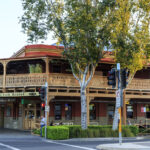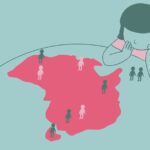Professor Mark Arnold talks about regional practice and rethinking rheumatology training. And bikes.
After working for 24 years on Sydney’s leafy North Shore, Professor Mark Arnold made a “dirt-and dust change” and moved to Dubbo to run the University of Sydney’s Rural Clinical Schools at Dubbo and Orange.
This role is the latest chapter for Professor Arnold, who completed his undergraduate medical degree (MBBS) at the university’s Sydney campus. This was followed by a fellowship at Royal North Shore Hospital and Guy’s Hospital in London, returning to work in private and as a VMO at Royal North Shore Hospital.
Professor Arnold has a master’s and PhD in bioethics and is a graduate of the Australian Institute of Company Directors, which equips him well as the NSW director of the ARA board.
How’s Dubbo?
It’s vastly different to Sydney. It’s easier in Dubbo! The people are friendly, they recognise and accept difference and are interested to know about you as a person rather than as a “healthcare provider”. Practically, there’s also the absence of the logistic barriers in the city that are hard; congestion, housing prices, just the practical difficulties of getting stuff done during the day.
What’s hard about rural practice?
Well, I’d rather first talk about what’s good. Being so embedded in a smaller community, and a very tight medical community, is a bit like the feeling of comradeship we had during our training in the 80s. There really aren’t any barriers to “phoning a friend”.
Having done a good deal of it, outreach is certainly tricky. We do have a problem with the general practitioner workforce simply because there aren’t enough of them, and many are relatively transient, so that’s a problem for the continuity of care for patients.
But my comment would be that it is not as hard as people might think it will be.
What’s great about rural practice?
Out here in Dubbo, I’m doing exactly what I think I should be doing, what I was trained to do; managing people with complicated inflammatory rheumatic diseases. There’s an enormous burden of rheumatic disease and comorbidities out in rural areas and everybody knows that is driven, by and large, by the social determinants of health.
So, it’s quite different. The emphasis of my practice is much more heavily inflammatory out here.
What’s the medical community like?
In addition to the simple camaraderie, I have tremendous respect for the capacities of my colleagues out here, regardless of discipline.
They deal with people who’ve got a tremendous burden of ill health with a number of often confronting psychosocial problems that are all interrelated. These problems have an effect on how a disease manifests, how we can treat it and what the outcomes are.
Particularly here in Dubbo and Orange, some of our non-rheumatological physicians are extraordinary. I always learn from them, it’s very humbling. They are practical, and they care about their colleagues and patients, and that’s really what person-centric care is all about.
Rheumatologists are also in short supply?
There’s tremendous maldistribution of rheumatologists across the country. Our workforce surveys highlight it.
I think what a lot of our younger colleagues may not realise is that there’s a lot of opportunity to practice rheumatology in regional centres. And then from a regional centre you can do your outreach to smaller rural communities that are connected to large regional centres.
Out here in Western New South Wales, for a quarter of a million people, we’ve got just about one full-time equivalent rheumatologist comprising two of us living out here and colleagues who fly in and fly out.
How is the ARA addressing the workforce shortage?
The ARA strategy is to encourage more rural rotations and more rurally based training for trainees, and we’ve got some interesting ideas that we’re developing here in Dubbo.
Generally, rheumatologists need more rural exposure. We need training that’s particularly out in rural communities but also out in the community generally, because that’s where we do our work. We’re not hospital sub-specialists as we were 30 or 40 years ago.
We need to rethink how we’re training our people and how we can fund more community embedded training in rural and non-rural areas. And I reckon if we had five or six trainees in every state doing a rural rotation, we’d probably get three or four of them who stayed.
What would be different for the trainees who stayed rural?
You are expected to give a little bit more of yourself.
All my other involvements in medicine have to do with professionalism and ethics and, as such, I’ve also worked with regulators. The reason I mention that is the issue of “professional boundaries” and, for argument’s sake, how in the cities it’s sometimes helpful to live in a different suburb to the hospital that you’re based at.
But in Dubbo, or anywhere rural, you’re going to meet your patients down the street, at the shops and socially all the time. So you can’t ignore them. You’re expected to interact as a “civilian” would.
In rural practice you negotiate a more nuanced way of dealing with those so-called professional boundaries because you can’t quarantine yourself away from the general public. In fact, when training our medical students, we want them to be out there in the community and not tucked away in a college campus where they are disconnected from community life.
What keeps you busy outside of work?
Right at this instant, with college exams happening, not much. Our son and his partner are RMOs looking at Basic Physician Training now, so that’s a bit nerve wracking. So we don’t parent and don’t yet grandparent.
Over the years I’ve done a lot of cycling. I’ve been fairly successful racing at masters level, particularly on the track in individual pursuit and team pursuit. I enjoy motorcycling and my wife actually reckons the motorbikes are preferable – they have brakes and my track bikes don’t. You look better in motorcycle gear than being a very old man in tights – it’s an acronym and you can work it out!





